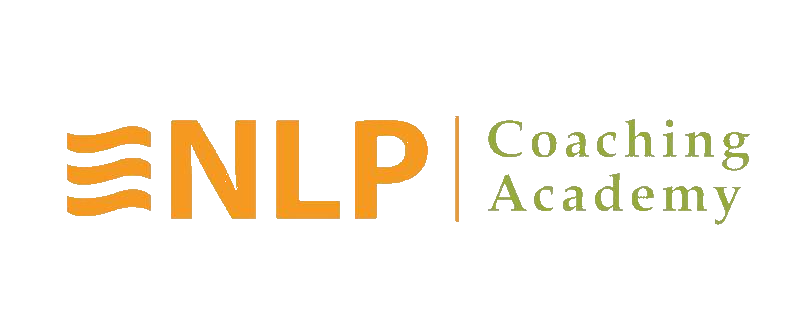Facts about Behavioural based coaching
Behavioural based coaching
Even though coaching is generic and framework agnostic, what makes a difference for the coach and his/her work is what is their coaching based (which framework, models etc) upon. Yes, coaching standard, ethics, guidelines, and the fundamentals of coaching will stay the same no matter what tools, techniques, methods, models, and frameworks of coaching a coach is going to use, however, at some level the coaching framework/methodology makes a difference when you want to become a coach with more repertoire to work with your clients. The distinction that makes a coach work across the spectrum and length and breadth of different client challenges is what does a coach know about human behaviours, cognitive science, neuroscience, coaching using neuroscience and how does change happen, and how to be consistent towards making those changes, and taking regular actions towards them. Hence, behavioural based coaching is getting a lot of attention.
While there are many coaching methodologies out there, these are the ones (NLP, Emotional Intelligence, Neuroscience based Coaching / Coaching using Neuroscience) that specifically we are going to talk about, and how they can elevate a coach’s coaching, and beyond working with a client in a capacity of an awakener.
In this post we will restrict the discussion to the 3 most powerful behavioural based coaching models, and how knowledge in all three can elevate any coaches’ skills.
Relationship between NLP, Emotional Intelligence, and Neuroscience, and the integrated model ~ Behavioural based coaching.
While a lot of material is there about What is NLP, What is Emotional Intelligence, and what is the usage of Neuroscience with respect to Coaching. Behavioural based Coaching is getting traction because coaches are looking for models that enable sustainable changes in clients.
Behavioural based Coaching Methodology
NLP ->
Why NLP as a Coaching framework. NLP is pretty much the oldest and the most robust self help methodology of change. It goes back 5 decades, and the most important element of NLP is that is was created using modelling (by taking a results based approach – where what is working was broken down into learnable chunks). Because of this from last 5 decades NLP has improved further, because many NLP masters and leaders continued to model human excellence, behaviors, performance, and brought in some much more into NLP. Especially, during late 90s, a lot of coaches who were struggling to work with their clients in a capacity of a coach as being authentic about the framework to change, turned towards NLP, and incorporated NLP in their own work to first use NLP for self coaching, self transformation, and brought in the knowledge and skills of NLP into their work. This elevated the coaching of the coaches of that era, and paved the way for consistent leverage of NLP into coaching. These days a lot of NLP Practitioners are full time coaches, and use NLP based skills as behavioural based coaching. A good NLP Practitioner program will cover the NLP aspects, and the applications of NLP based skills in coaching, leadership, communication, sales, influence etc. for overall understanding of NLP, and utilization of the skills. A lot of online NLP training programs are great, as that gives you a flavor of how to use NLP online with your clients.
Emotional Intelligence ->https://nlpcoach.in/online-nlp-training/
EI came around early 90s when Daniel Goleman made it popular by his best selling book ‘Emotional Intelligence’. This book brought in the brain knowledge about a person’s state of mind (emotions and feelings), and how emotions lead to different competencies for humans (self awareness, empathy, team work etc.). Emotional Intelligence is a more specialized with respect to emotions and feelings, and their impact on humans, and how EI can be used to manage different areas of our lives. EI struck a chord with corporates as it enabled organizations to bring in concepts of EI for performance, and elevating the employees in terms of their soft skills. This made Emotional Intelligence leading to people looking for what is Emotional Intelligence Coaching. How EI and NLP are related. Well, both are part of human evolution, and human transformation. NLP is more holistic, and has a broader frame, has depth around human behaviours, EI is more to do with state of mind. EI is a very powerful enabler for behaviour change, as it deals with emotions and feelings, and the other competencies (empathy, compassion, self control, emotional control etc) in four areas self awareness, self management, social awareness and relationship management leading to strong behaviour based coaching skills for a coach to have.
Neuroscience ->
While, NLP and EI were being developed as concepts, Neuroscience was a silent cousin in the background. Neuroscientists and Brain experts were constantly working to understand the overall brain development. Neuroscience is a broader subject, as it talks about all the functions of the brain, and different Neuroscientists are working in a niche area to deepen the knowledge about the brain. We now know more about the human brain than we know 50 years back. The best part is that now many NLPers know Neuroscience, and can use that knowledge to substantiate their work. There is more awareness about the entire field as such, which makes Neuroscience a critical contributor in the behavioural based coaching. Neuroscience knowledge improves and increases the coach’s knowledge about the patterns that a client demonstrates, and also the reason behind why a person does what they do.
Behavioural based Coaching Summary:
With more focus on human excellence, a lot more integration is possible amongst NLP, Emotional Intelligence, and Neuroscience. All of them together are part of Behavioural Change Work, and as coaches, change agents, behavioural experts, behavioural based coaching will go a long way in enabling the professionals to work in a better manner with their clients.


